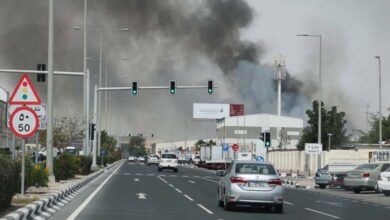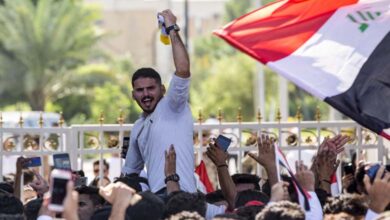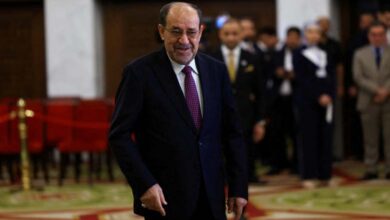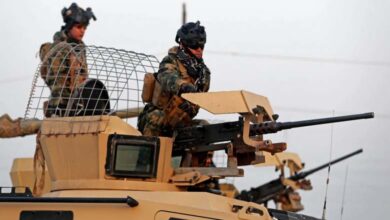After Saudi Arabia and the UAE Join, BRICS Plays a Bigger Role in Safeguarding Global Financial Stability
BRICS plays a larger role in safeguarding global financial stability
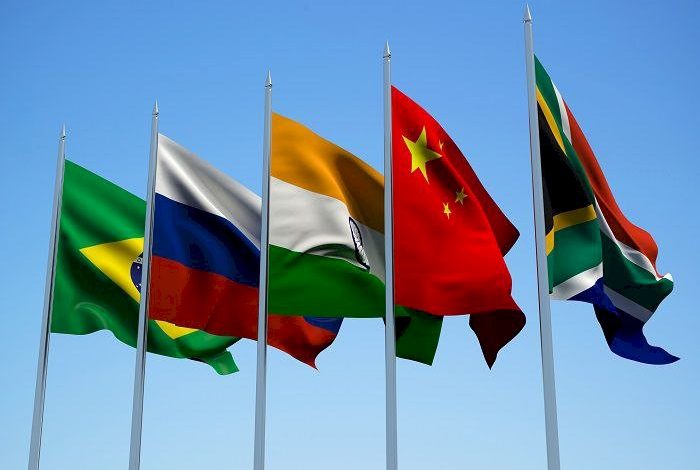
Experts and officials have said that while the global economy is complex due to multiple challenges, including rising interest rates in advanced countries and geopolitical conflicts, the new development bank affiliated with the BRICS bloc must play a larger role in protecting financial stability and economic growth in developing countries, especially after the inclusion of Saudi Arabia and the UAE. These two countries possess significant financial and strategic weight, as reported by the Asian newspaper “Jakarta Post.”
Sustainable Development
Chen Dongxiao, President of the Shanghai Institutes for International Studies, stated that exaggerated narratives and confrontations in the international community undermine global cooperation and development. Multilateral banks, such as the new development bank, must play a larger role in assisting in achieving sustainable development goals, especially among developing countries in the Middle East, Africa, and Asia, and addressing financing from a global perspective.
Zhu Ji-jin, professor at the School of International Relations and Public Affairs at Fudan University, emphasized that traditional multilateral banks established by advanced countries usually include additional clauses that could harm the interests of developing countries. The new development bank differs from these banks by placing greater emphasis on cooperation among Southern countries.
He pointed out that in the face of increasingly complex and volatile international relations, the New Development Bank’s importance has grown in terms of providing strong support for emerging markets and developing countries to build infrastructure and achieve sustainable development goals.
He added that investment and financing in local currencies, which is a priority for the new development bank, will help achieve those goals.
Expanding Currencies
The newspaper noted that through exclusive interviews and in-depth coverage of urgent business issues in the region, “Perspectives” is the preferred source to stay at the forefront of Indonesia’s rapidly evolving business scene.
Yang Fan, chief policy analyst at CITIC Securities, agrees that traditional multinational banks have not helped stabilize the global financial market, as their actions and decisions largely rely on the US dollar. He mentioned that the New Development Bank, which was a pivotal milestone within the framework of BRICS cooperation, needs to expand the settlements of local currencies in the short term to enhance cooperation among its members and boost economic development.
Dilma Rousseff, President of the New Development Bank, said that global financial stability, especially in emerging economies, has been severely affected due to the use of the US dollar as a weapon, the significant rise in interest rates in the US, and the mounting debt ceiling in the country. She made these statements in an interview with China Central Television broadcasted on Friday.
The newspaper clarified that this has led to a complicated situation in emerging economies, which are already facing challenges of credit shortage, lack of access to capital markets, and volatile exchange rates. However, at the same time, they still need to invest in transportation infrastructure and digital networks to create more job opportunities in local markets and improve people’s living standards.
She stated: This is why the New Development Bank aims to expand the settlement of local currencies among its members to improve the financial environment and allow member countries to participate in the capital market in a deeper and more active manner, rather than facing the US dollar.
Rousseff added: The settlement of local currencies has been a major trend from a global perspective, as the world is moving towards multipolarity.
The newspaper pointed out that by the end of the first quarter of this year, financing in local currencies accounted for about 21.5% of the New Development Bank’s portfolio. According to the bank’s 2022-2026 strategy, released in May, 30% of its project financing will be denominated in national currencies of its members.
Rousseff said: In this way, developing economies will not be forced to face repeated increases in debt due to severe fluctuations in the value of the US currency.
She continued: Brazil, Russia, India, China, and South Africa established the bank in 2014 with the aim of mobilizing resources for infrastructure projects and sustainable development in emerging markets and developing countries. The New Development Bank opened in July 2015, headquartered in Shanghai. In addition to the five BRICS countries, the bank has added Bangladesh, the United Arab Emirates, Egypt, and Uruguay to its list of members over the past few years, according to a report from the Financial Times in late May.


